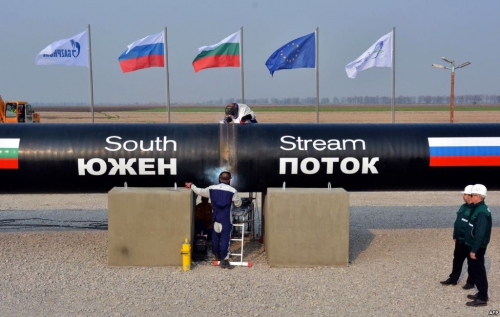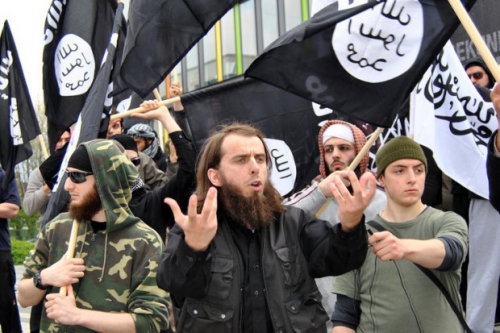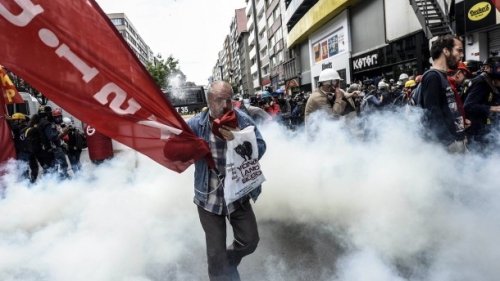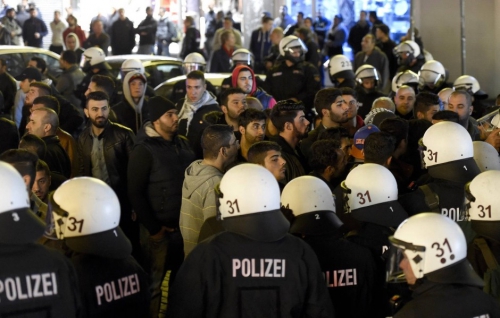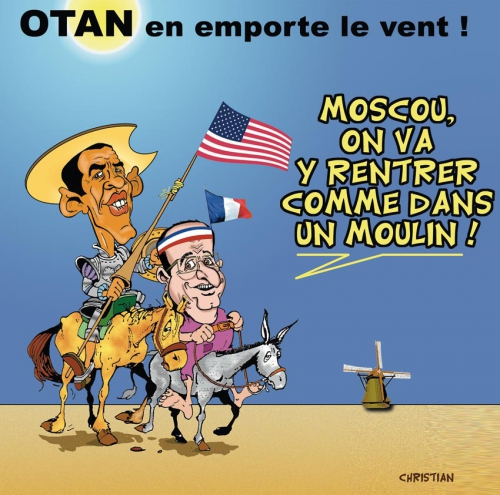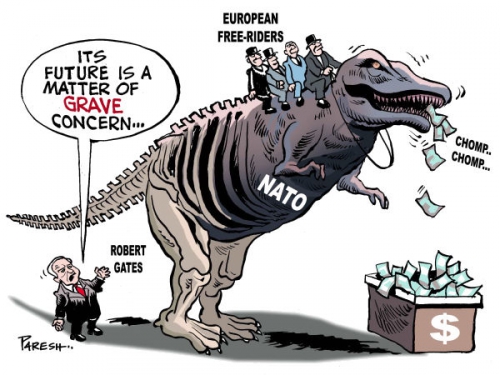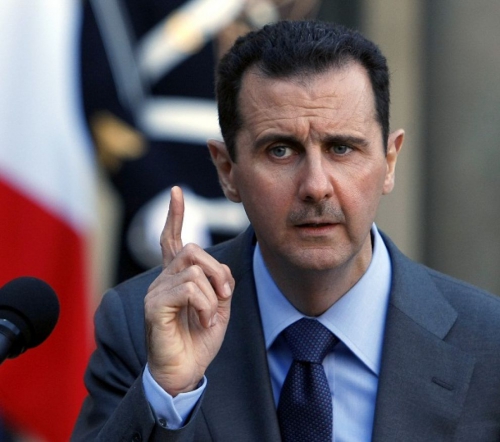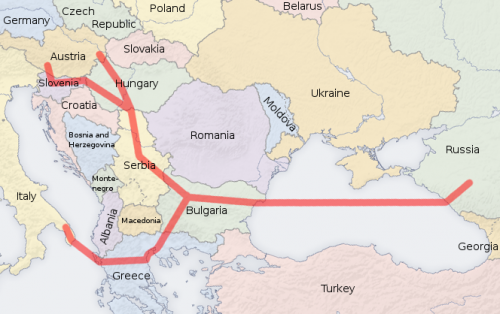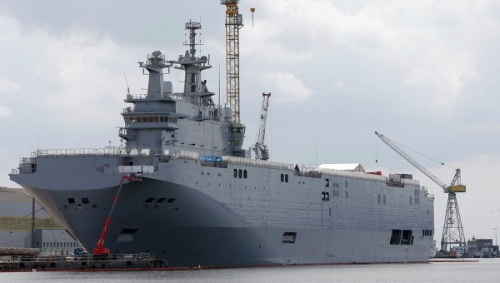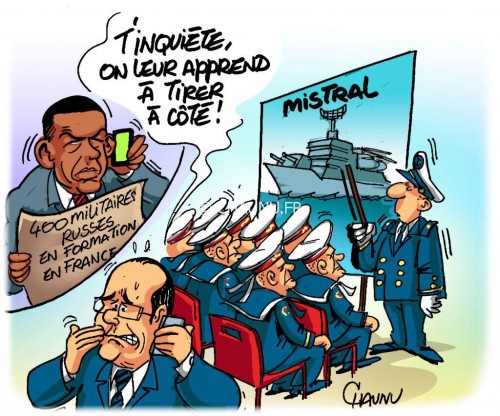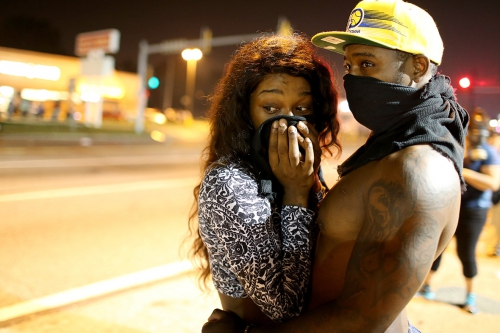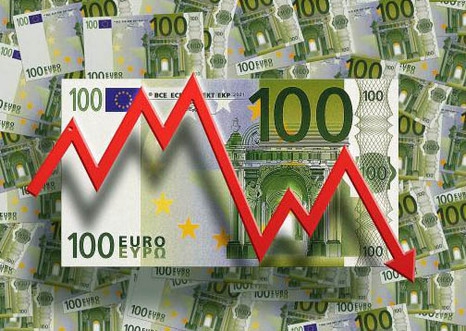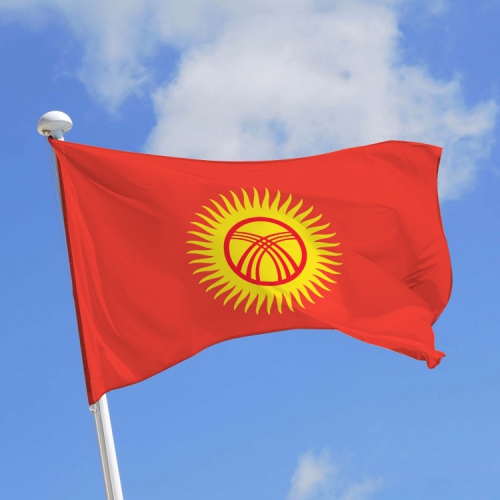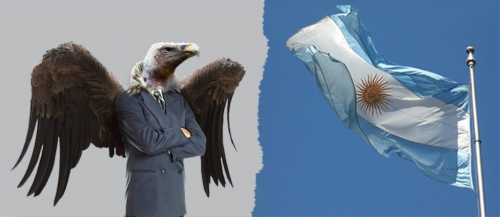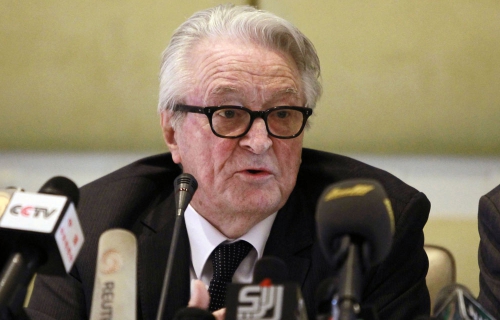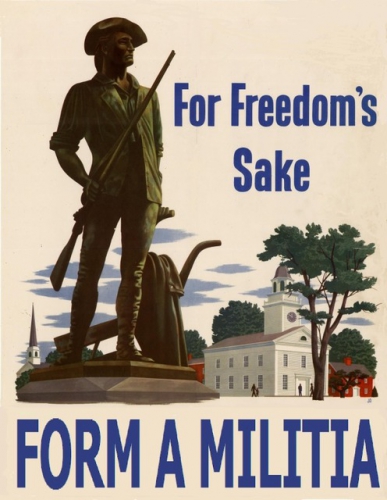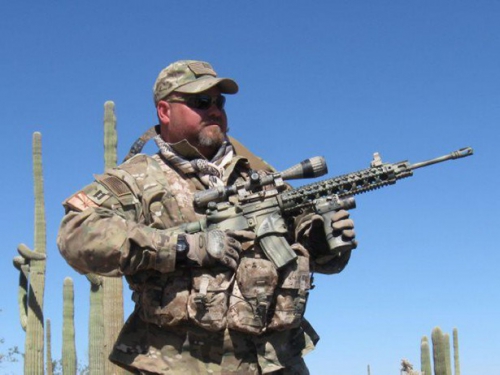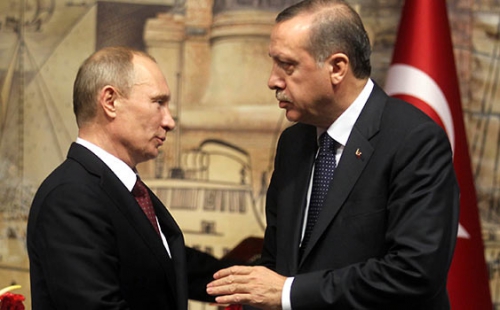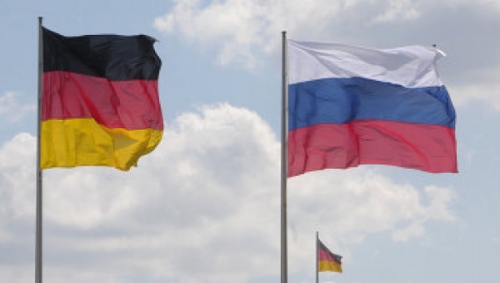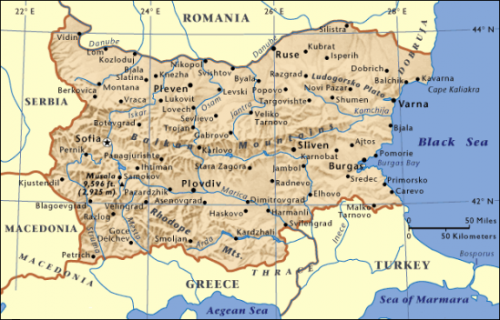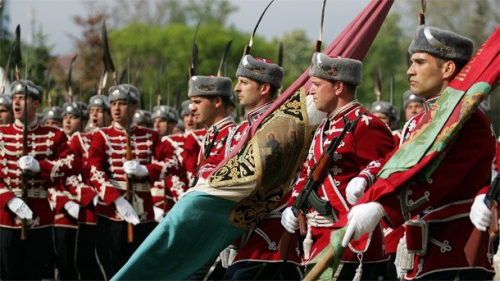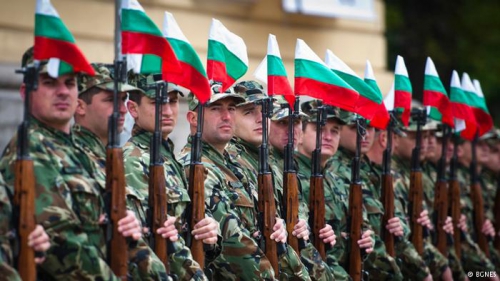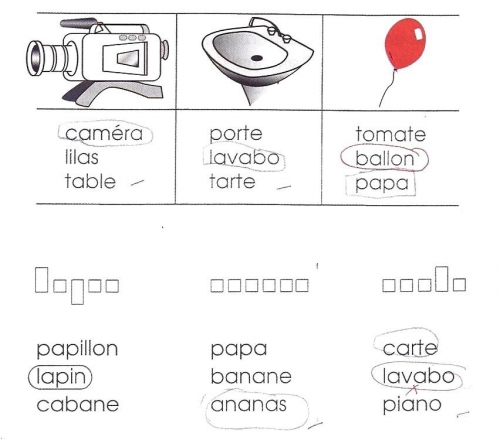AUßENPOLITISCHES
Japan-Kollaps kann Euro-Zone in den Abgrund ziehen
Die drittgrößte Ökonomie der Welt ist in die Rezession gerutscht, trotz Shinzo Abes extrem expansiver Geldpolitik. Jetzt zettelt Japans Premier die letzte Schlacht an – mit Folgen für Deutschland.
Antikapitalistische Proteste in London
Antikapitalistische Proteste in Brüssel
(Science-Fiction-Szenario)
Der Untergang der USA
Krawalle nach Entscheidung im Fall Michael Brown
Der Polizist, der in der US-Stadt Ferguson den unbewaffneten schwarzen Teenager erschoss, entgeht einer Anklage. Nicht nur in Ferguson gibt es Proteste.
Schütze von Ferguson
Darren Wilsons widerspruchslose Geschichte
Darren Wilson: Todesschütze von Ferguson will Polizei verlassen
In aller Stille: Niederlande holen Gold aus New York zurück
USA üben Druck auf Ungarn wegen Energiebeziehungen mit Russland aus
Machtpoker mit Russland: Alien vs. Predator
Eine Kolumne von Jakob Augstein
Merkel gegen Putin - das ist das Gefecht der Geo-Giganten um die Grenzen Europas. Und nun kommt Matthias Platzeck und sagt: "Der Klügere gibt auch mal nach." Seit wann das denn?
Biegen und brechen
Wer sich selbst nicht an das Völkerrecht hält, kann in seinem Namen auch keine Kriege führen. Ein Gespräch über Doppelmoral mit Stefan Talmon
Rumäniens neuer Präsident Iohannis
Der "Santa Klaus" von Transsilvanien
Rumänien
Rumäniendeutscher Johannis gewinnt Präsidentschaftswahl
Portugals Ex-Premier Sócrates
Nur der prominenteste Fang der Steuerbehörden
Grausamer Propaganda-Film
Video: Deutscher Rapper nimmt an IS-Enthauptung teil
(Deutsche Weltallianz)
Eine Lobby für Deutsche
Madrid kann nicht aufatmen – Katalonien auch nicht
Nur ein Drittel der Katalanen stimmt ab, davon aber eine große Mehrheit für die Abspaltung von Spanien. Regionalpräsident Mas verkauft die Volksbefragung als Erfolg – doch so einfach ist es nicht.
Werbekampagne für arabischen Sponsor: Real Madrid nimmt Kreuz aus dem Wappen
Türkischer Präsident Erdoğan: Frauen sollen sich auf Mutterrolle konzentrieren
Überfall auf US-Soldaten in Istanbul
(Streit um Iran-Sanktionen)
Fast, aber nicht ganz gescheitert
Gold- und Silbermünzen: "Islamischer Staat" führt eigene Währung ein
China will den Dollar als Währung für Gold ablösen
Eiskalter Diktator: In Nordkorea ist jetzt schon Karaoke-Singen lebensgefährlich
(Anderes Gesundheitssystem)
Sterilisierte Frauen in Indien Rattengift im Antibiotikum
83 Frauen wollten sich von Doktor Gupta sterilisieren lassen, jetzt sind 14 von ihnen tot, und viele andere kämpfen um ihr Leben. Die jüngsten Todesfälle offenbaren ein verfehltes System der Geburtenkontrolle in Indien.
INNENPOLITISCHES / GESELLSCHAFT / VERGANGENHEITSPOLITIK
Negativzinsen
Wer spart, muss zahlen!
Warum Geld auf dem Konto bald weniger sicher ist
Bis zu 14 Milliarden Euro pro Kunde soll der Einlagensicherungsfonds der deutschen Banken garantieren. Das glaubt kein Mensch. Deshalb wird die Grenze jetzt gesenkt. Und das ist nur der erste Schritt.
Banken-Union: Die Bundesbank ist überflüssig geworden
Hans-Olaf Henkels AfD
(AfD-Hochschulgruppe an der Universität Mannheim)
Mut zur klaren Kante
Strukturieren in Deutschland, mobilisieren in Dresden, präsentieren in Berlin
Björn Höcke, Stefan Scheil und die AfD – ein Doppelinterview (Teil 2)
Die Diversity-Doktrin und die Akzeptanten
Gas- und Ölförderung
Deutschland macht den Weg für Fracking frei
25 Jahre Mauerfall
Gedenkstunde im Bundestag: Wolf Biermann attackiert Linkspartei
Gedenkkultur
Ex-Wehrbeauftragter kritisiert Bundeswehr-Ehrenmal
EXCLUSIVE: The astonishing stories behind the fall of the Berlin Wall: Woman who fled East Germany for her lover and the boy scouts on the adventure of a lifetime reveal how the legend shaped their lives
Eine Römer-Rede für die nationale Erinnerungskultur
CDU in einem Boot mit antideutschen Grünen und Linken
(Zentrum gegen Vertreibungen)
Kein sichtbares Zeichen
LINKE / KAMPF GEGEN RECHTS / ANTIFASCHISMUS / RECHTE
Amtsgericht Dresden
Verfahren gegen Antifa-Pfarrer Lothar König eingestellt
(Ein weiterer Übereifriger, der regelmäßig Kinder und Jugendliche betreut)
Gerichtsentscheidung vertagt
Lehrer soll für Anti-Nazi-Aktion zahlen
70-Millionen-Euro-Programm
EKD fordert mehr Geld gegen Rechtsextremismus
Kommentar
Evangelische Lemminge
von Michael Paulwitz
Ein großes Experiment
Kommentar: Linker Ramelow ante portas
Designierter Ministerpräsident: Ramelow will Thüringen für Asylbewerber attraktiver machen
(Gescheiterte Wiener Vorstöße für ein Couleurverbot)
Zu bunt für links
Roland Wehl, Hans Baumann und der „Freibund“
Wertewandel bei der „Jungen Freiheit“
Dieter Stein
Eine schmerzhafte Debatte
Schuldstolz als geschichtspolitische Forderung
„Kampfansage“ – Dieter Stein, Götz Kubitschek, Felix Menzel und Akif Pirincci im Radio
Krawalle bei Blockupy-Demonstration
Das Blockupy-Bündnis hat vor dem EZB-Neubau demonstriert, der gerade bezogen wird. Dabei flogen auch Farbbeutel und Steine. Zur Einweihungsfeier im März wollen die Demonstranten wieder kommen.
Aufschlussreiche Pressereaktionen nach Gewaltdemo in Frankfurt
Zweierlei Maß bei Linksextremen und Hooligans
Hanau
Niederlage gegen NPD
EINWANDERUNG / MULTIKULTURELLE GESELLSCHAFT
Die „Mischlinge“ des Marc Erwin Babej
Straßburg demontiert Dublin
von Michael Paulwitz
("Antirassistische" Pöbeleien)
BrauchtumRassismus-Debatte: Festnahmen bei Nikolaus-Ankunft in Holland
Dirk Ippen: Flüchtlinge sind eine Chance
(linke Randspalte)
Bertelsmann-Stiftung: Zuwanderung entlastet den deutschen Sozialstaat
(ja was denn nun?...)
Studie
Ausländer belasten deutschen Staatshaushalt übermäßig
("Pro Asyl"-Theologe fordert nun "mehr als Willkommenskultur")
Andreas Lipsch referiert im Rathaus
Gegen einen „Wartesaal Asyl“
Flüchtlingspolitik
Grass kann sich „Zwangseinquartierungen“ vorstellen
Poschetsried: 88 Asylforderer bereichern 41 Einwohner
Aktion von Asyllobby
AfD und CDU verurteilen Diebstahl von Mauerkreuzen
("Das sind die Diebe"…)
"Zentrum für politische Schönheit"
Schändung von Gedenkstätte
Mauerkreuz-Diebe erhielten Steuergelder
Suche nach Unterkünften: Flüchtlinge sollen in Gewerbegebieten unterkommen
Ansturm auf Europas Grenzen und Chaos in deutschen Flüchtlingsheimen - doch wo sollen all die Menschen untergebracht werden? Der Bundestag will nach SPIEGEL-Informationen über Unterkünfte in Gewerbegebieten diskutieren.
(Der rot-grüne Bremer Senat bewegt sich am Rande des Rechtsbruchs, indem versucht wird, ausreispflichtigen Personen weiterhin einen Aufenthalt in Deutschland zu gewähren...)
Anfrage "Abschiebehäftlinge im Land Bremen"
MdBB Jan Timke (Gruppe BIW) vom 25. September 2014
Grüne fordern gesetzliche Krankenversicherung für Asylbewerber
Großbritannien
Nichteuropäische Einwanderung kostete 120 Milliarden Pfund
Aufbegehren unerwünscht
Hooligans demonstrieren gegen gewalttätige Islamisten – und decken so die Feigheit von Politik und Medien in Deutschland auf. Was wirklich auf der Hogesa-Demo in Köln geschah.
Frankfurt
Skandal-Resolution der Parteien im Ortsbeirat 15
Islamisten-Mordterror mit Kölner Demonstration gleichgesetzt
Geplanter Aufmarsch am 15. November Hooligan-Demo in Hannover verboten
Die Polizei verbietet die geplante Demonstration von Hooligans am 15. November in Hannover. Das sagte Polizeipräsident Volker Kluwe bei einer kurzfristig anberaumten Pressekonferenz am späten Freitagvormittag. Es gebe Hinweise, dass die gewaltbereite Gruppe "HoGeSa" hinter der Verantaltung stehe, sagte Kluwe zur Begründung.
("Antifaschisten" dokumentieren ihre eigenen Gewalttaten angesichts der HoGeSa Demonstration in Hannover 15.11.14)
Hannover: Polizei sucht “Anti”faschisten wegen versuchtem Tötungsdelikt an Hooligans
„Pegida“
Neuer Teilnehmerrekord bei Demonstration gegen Islamismus
PEGIDA in Dresden, ein Spaziergang und ein Lommel von der AfD
Neue Bürgerinitiativen gegen Asylmißbrauch und Islamismus – und PEGIDA expandiert
Neonazis sprechen aus, was viele denken
Neonazis nutzen Angst vor Salafisten für sich
Grundgesetzwerbung unter Polizeischutz in Frankfurt
Freie Wähler-Fraktion zeigt Gesicht gegen Islamismus
Asylpolitik - Protest und Gegenprotest vor dem Marx-Monument
Offenbach
Debatte um Antisemitismus
Zusammenleben erschwert
Ignorieren, beschönigen, vereinnahmen
Polizei ermittelt nach Überfall auf Israeli in Berlin
Islam
Moschee: nur was für Heteros
Eine Begegnung von Muslimen und Homosexuellen in einer Moschee wird abgesagt - vermutlich auf Druck aus der Türkei. Die Veranstalter reagieren besonnen. Ein anderer Ort wird gesucht.
Hessische Antidiskriminierungsstelle eingerichtet
Drei teure Planstellen für die „politische Korrektheit“
Das war’s. Diesmal mit: Flüchtlingen als Chance, Stolpersteinbedürfnis und rassistischem Feminismus
Ausländergewalt
Massenschlägerei unter Asylbewerbern
Großrazzia in Kölner Asylheim
Ausländergewalt
Haftverschonung für Berlins jüngsten Häftling
War Rudolf Hausmann zu radikal?
Jugendgewalt: Berlin stellt Hardliner-Staatsanwalt kalt
Neun Salafisten bei Großrazzia festgenommen
Sie sollen Kirchen und Schulen geplündert haben, um die Terrororganisation Islamischer Staat zu stärken. Bei einer Großrazzia gegen Salafisten wurden in Nordrhein-Westfalen neun Männer festgenommen.
Salafisten täuschen Überfall in Duisburg vor - Staatsschutz ermittelt
Frankfurt
Raubüberfall in Praunheim Seniorin brutal überfallen und ausgeraubt
Die 85-Jährige wurde von den Räubern gewürgt und zu Boden gestoßen. Die zwei Männer entkamen mit über 1.000 Euro in Bar.
Offenbach
22-Jährige vor McDonald's ins Koma geprügelt
Die Lehramtsstudentin Tugce A. schützte in einem Offenbacher Imbiss zwei Mädchen vor gewalttätigen Jugendlichen. Ein 18-Jähriger schlug ihr daraufhin ins Gesicht. Ihr Zustand gilt als kritisch.
Die tote junge Frau und die "politisch Korrekten"
Verlogene Reaktionen nach einem vermeidbaren Totschlag
Es gibt keine Opfer zweiter Klasse
von Henning Hoffgaard
Ausländerkriminalität
Berlin: Mit Selbstjustiz gegen Drogendealer?
Ausländergewalt
Berlin: Schüler randalieren im Theater
Unbegleitete Jugendliche
Nordafrikanische Jugendliche terrorisieren Hamburg
KULTUR / UMWELT / ZEITGEIST / SONSTIGES
Das Modell der Nachkriegsstadt ist gescheitert
Prominente Stadtplaner polemisieren in schwammigen Worthülsen gegen die Kölner Erklärung zum Städtebau. Es geht um lebenswertes Wohnen in Ballungsräumen - und das Selbstverständnis einer ganzen Zunft.
Der wahre Grund für Misere moderner Architektur
Wer braucht die Wellblechhütten, die sich Avantgarde nennen? Und warum wollen die wenigsten in solchen Objekten wohnen? Wer menschenfreundlich bauen will, sollte aufhören, alles neu zu denken.
Wohnungsnot
Sie haben keine Wohnung, nur ein Zelt
Die Wohnungsnot unter Studenten ist groß. In Göttingen starten manche im Zeltlager und auf Feldbetten ins Wintersemester. Eine Exkursion in die Kälte
Hochhäuser für die Oberschicht
Wer darf noch in der Stadt wohnen
Denkmal-Debatte: Zehn Gebäude, fünf stehen unter Schutz – raten Sie mal, welche es sind
Die Denkmaldebatte: Was wollen wir schützen?
Was macht ein Denkmal aus? Muss das Gebäude alt und schön sein? Keineswegs – sagt das Amt. Nicht nur viele Hamburger fordern ein Umdenken, auch der Oberbaudirektor Jörn Walter will neue Regeln Von Axel Tiedemann
(Kampf der Kulturauffassungen)
München
Flachdach-Bungalow missfällt der Mehrheit im Bezirksausschuss
Oberföhring · »Schuhschachtel-Bau«
(Städtische Verdichtung)
Nicht erhaltenswert?
Neu-Ulm zerstört Teile der Bundesfestung
Verfallende Schlösser in Mitteldeutschland (Video)
Mauerfall-Galerie
Berlin vor und nach dem Mauerfall
Warum sieht Polen eigentlich wie Disneyland aus?
Als würde Andy Warhol für seine Urenkel bauen: In Polens Metropolen entsteht eine neue Popmoderne. Die Häuser von Stettin bis Kolberg tragen Zipfelmützen und prägen die neuen Altstädte.
Weitere Bomben auf Hafeninsel?
Der Steuerzahler blecht
Schulen vernachlässigt
(Privatisierung)
Warhol-Bilder lassen NRW-Kassen klingeln
In New York sind zwei Andy-Warhol-Bilder aus Deutschland unter den Hammer gekommen. Für das Land Nordrhein-Westfalen bedeutet dies Einnahmen in Millionenhöhe.
Auktion in New York
Was für den Verkauf der Warhol-Bilder spricht, und was dagegen
CDU-Politiker macht Rückzieher
„Homosexualität gehört zur Realität“
Der umstrittene hessische CDU-Abgeordnete Hans-Jürgen Irmer hat seine „missverständlichen“ Äußerungen zur Homosexualität bedauert. Jeder Mensch habe das Recht auf freie Entfaltung seiner sexuellen Orientierung, heißt es nun in einer Erklärung Irmers.
(Feministinnen freuen sich…)
Sexismus-Experiment
Moderator trägt ein Jahr lang denselben Anzug
Deutsche Aidshilfe
Homo-Szene streitet über Gender-Ideologie
(Treffender Kommentar)
Entlaßt die Genderprofessoren!
Jean Pax Mefret – Ein französischer Sänger über den Fall der Mauer
(Mit viel Staatsknete ist auch der "Sozialismus" möglich…)
Berlin
Das wahre Sozialistenparadies lag im Westen
Wurzeln der Wende
Der 9. November steht hierzulande nicht nur für die Reichspogromnacht und den Mauerfall – sein bestes Erbe sind seine antitotalitären jüdischen Vergangenheitslinien Von Marko Martin
Zu Autor Marko Martin:
Medienschelte
Journalismus unter Verdacht
Manipulieren die Nachrichten die Nachrichten? Hetzt die Presse gegen Putin? Lassen sich Journalisten kaufen? Die Kritik an den Medien in Blogs und Büchern wird immer exzessiver und aggressiver.
Exklusiv: RT Interview mit Udo Ulfkotte über Medienmanipulation
(Roland Tichy abgesetzt)
Gelenkte Mediokratie
(auch dazu)
Wie Medien gesteuert werden
Tichys Einblick
Die ARD will wie die Süddeutsche zur "gelenkten Öffentlichkeit" übergehen
ARD ZDF Beitragsterror: immer mehr Haftbefehle
Dieter Nuhr
Ermittlungen gegen Kabarettisten werden eingestellt
(Christoph Giesa gegen Michael Klonovsky)
Ein Mann mit Zukunft
(Auch irgendwie Antirassismus…)
Emoticons
Smileys bald in fünf Hautfarben
Verschiedene Gesichter für verschiedene Menschen: Bislang können Verfasser von Textnachrichten ihre Gefühlslage fast nur mit gelben Gesichtern ausdrücken, doch die Smiley-Welt soll bunter werden.
Smileys werden schwarz
6 links that will show you what Google knows about you
Obamas Ebola-Doktrin
Henning Eichberg
Die 1968er und die nationale Frage – links und rechts
Eine historische Studie erweitert den Blick
Rausschmiss von Designer John Galliano bei Dior rechtens
Früherer Dior-Designer
Wer „I love Hitler“ sagt, dem darf gekündigt werden
Ich habe was, was du nicht hast Wie der gewaltsame "Allmende-Raub" den Kapitalismus beflügelte - und wie wir dadurch wurden, was wir heute sind: Lohnarbeiter, die den Profit von Unternehmen mehren http://www.heise.de/tp/artikel/43/43293/1.html
Politisches Buch zum Klimaschutz
Ein Ort namens Blockadia
Naomi Klein gibt Klimaskeptikern in ihrem neuen Buch recht: Echten Klimaschutz gebe es nur, wenn der Kapitalismus verändert wird.
Bob Geldof und Band Aid 30
Hilfe für Afrika – ist das kolonialistisch?
Andreas Rebers - Islamisten Polka
(Der Kabarettist Rebers, halbschlesischer Herkunft. Mit diesem wirklich sehenswerten Film über seine Familie, gibt er sein Lebensgefühl wieder.)
Andreas Rebers - Lebenslinien (2013) 43 Minuten!
(Merkel entblödete sich nicht, bei diesem selbstgerechten Alt-Punker anzurufen und bei ihm auf der Schleimspur zu kriechen…)
"Nicht die nächste CDU-Hymne"
Merkel rief bei Campino an
Keyboarder von Jennifer Rostock im MAZ-Interview Böhse-Onkelz-Fans nicht erwünscht
Die Band Jennifer Rostock will bei ihrem anstehenden Konzert in Potsdam am Samstag keine Zuschauer sehen, die T-Shirts von den Böhsen Onkelz oder Freiwild tragen. Keyboarder Joe Walter kündigt im MAZ-Interview notfalls Konsequenzen an. Außerdem verrät er, wer mehr Schnaps trinkt - er selbst oder die Sängerin Jennifer Weist.
Kino: “Gone Girl” von David Fincher

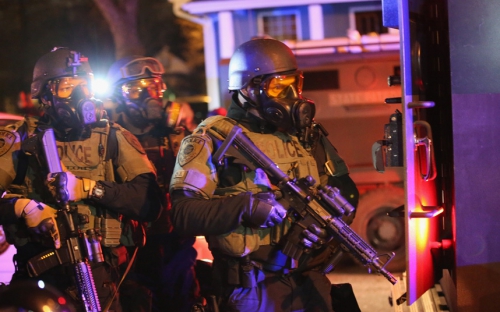



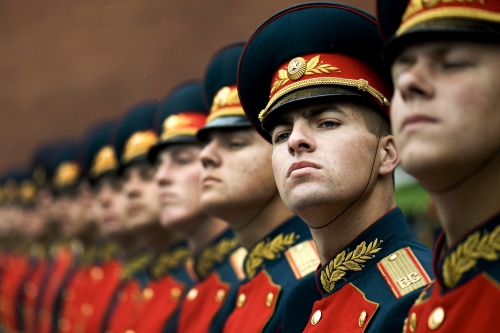

 del.icio.us
del.icio.us
 Digg
Digg